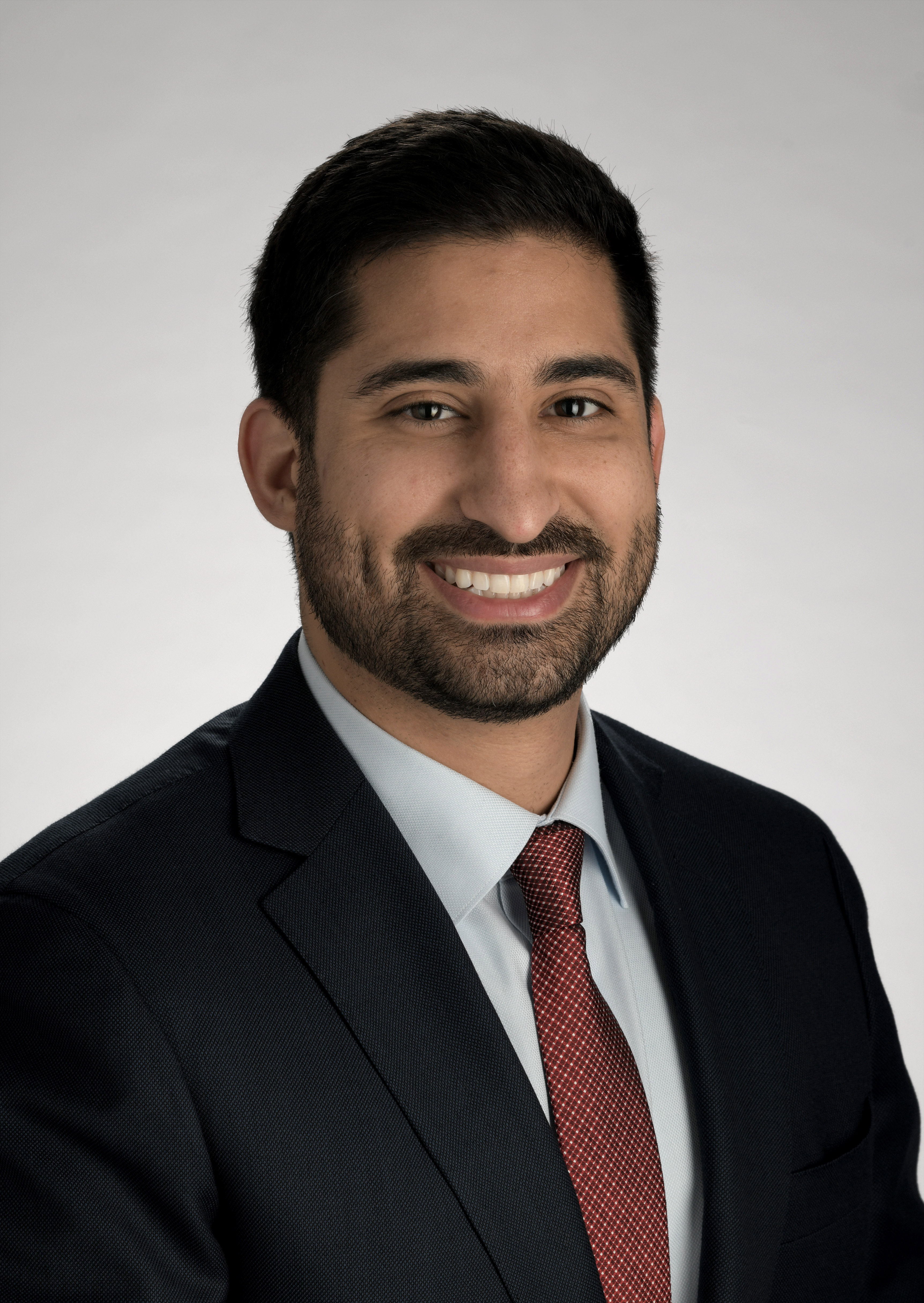Omar Karadaghy
University of Kansas Medical Center
- Head and Neck Surgeon
- Reconstructive Head & Neck Surgery
4000 Cambridge Street
Kansas City, Kansas 66160
United States
Map It
Dr. Omar Karadaghy he began his medical career in 2011 by matriculating into the accelerated BA/MD program at the University of Missouri in Kansas City. During his medical training, Dr. Karadaghy took a voluntary leave of absence from 2016 to 2017 to participate in the NIH-funded TL-1 Predoctoral Training Program at Washington University in St. Louis. This program provided him with the opportunity to engage in full-time research while completing coursework for a Master of Science in Clinical Investigation.
After completing the TL-1 program, Dr. Karadaghy returned to medical school to finish his final year, earning both a Bachelor's Degree in Liberal Arts and a Doctor of Medicine (MD) degree in 2018. He subsequently matched into the Otolaryngology – Head and Neck Surgery residency program at the University of Kansas, where he trained from 2018 to 2023. During his residency, Dr. Karadaghy expanded his skill set by spearheading the development of an adjunct curriculum focused on machine learning and artificial intelligence, which included completing a Machine Learning certification through Stanford Online in 2020.
Following residency, Dr. Karadaghy pursued further specialization in Head and Neck Oncology and Microvascular Reconstruction through the Massachusetts Eye and Ear – Harvard University program, refining his expertise in complex oncologic surgeries and advanced reconstruction techniques.
Dr. Karadaghy is committed to providing high-quality patient care. His area of expertise includes all aspects of head and neck oncology, from thyroid to the upper aerodigestive tract and skull base. Furthermore, he specializes in complex reconstruction of the head and neck for deformities due to trauma, infection or malignancy.
Dr. Karadaghy offers a wide range of innovative surgical procedures, including minimally invasive robotic surgery for locations that are difficult to access. He works closely with the multidisciplinary oncology team at The University of Kansas Cancer Center and KU Medical Center.
